Exempt no more? New York lawmakers are considering making laws that would enforce that certain Chick-fil-A locations remain open all week long.
This law would challenge the company’s personal attendance and operations standards, which have the chain closed nationwide on Sundays out of respect for religious employees. Here’s what we know.
What Is the Proposition, Exactly?
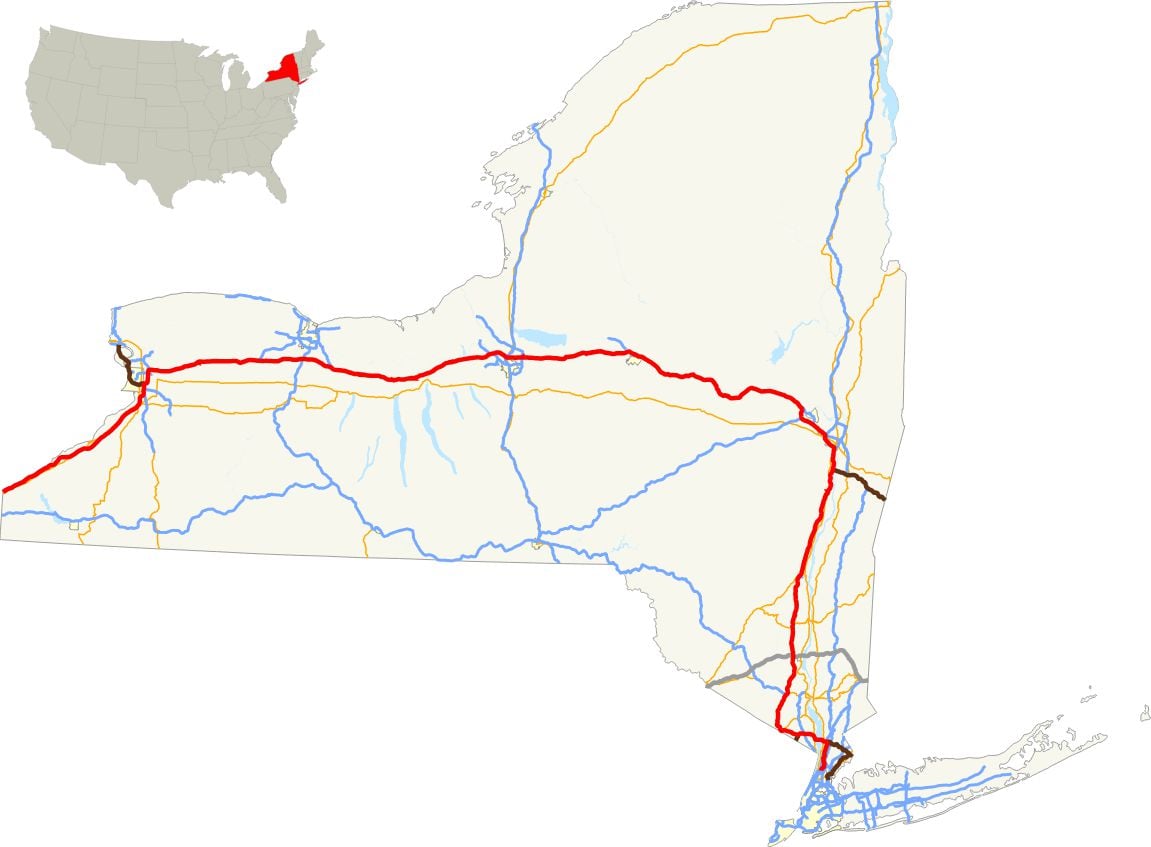
The current proposition would require all food-service businesses located in transport areas and facilities in New York (specifically, the New York State Thruway), to remain open seven days a week.
This move could significantly boost Chick-fil-A’s profits, as the Thruway spans about 500 miles, from New York to Buffalo.
Who Proposed This Change?

The change wasn’t suggested by avid Chick-fil-A fans of New York State. Rather, it was suggested by Democrat Assemblyman Tony Simone — who currently has jurisdiction across Chelsea, Manhattan and the theater district.
As legislation has been formally proposed, it must go under review before it is signed into law.
Is This Proposition Chick-fil-A Specific?
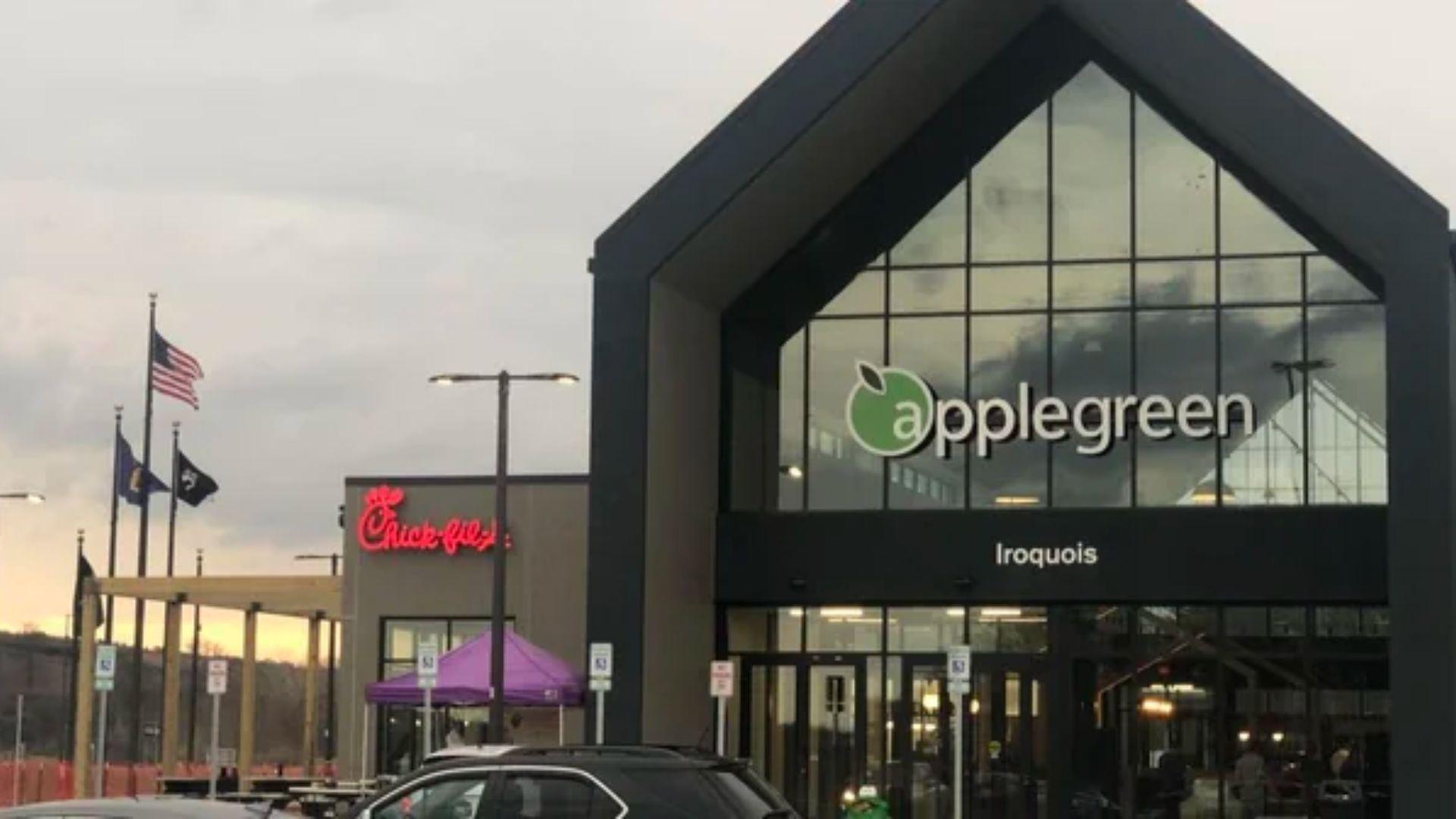
While Chick-fil-A will be primarily affected due to its unique operation standards, this is not a law that is specific to Chick-fil-A.
Rather, it’s a law that would apply to any and all food concession services along the Thruway, regardless of their nationwide standards.
Are There Any Exceptions to This Rule?
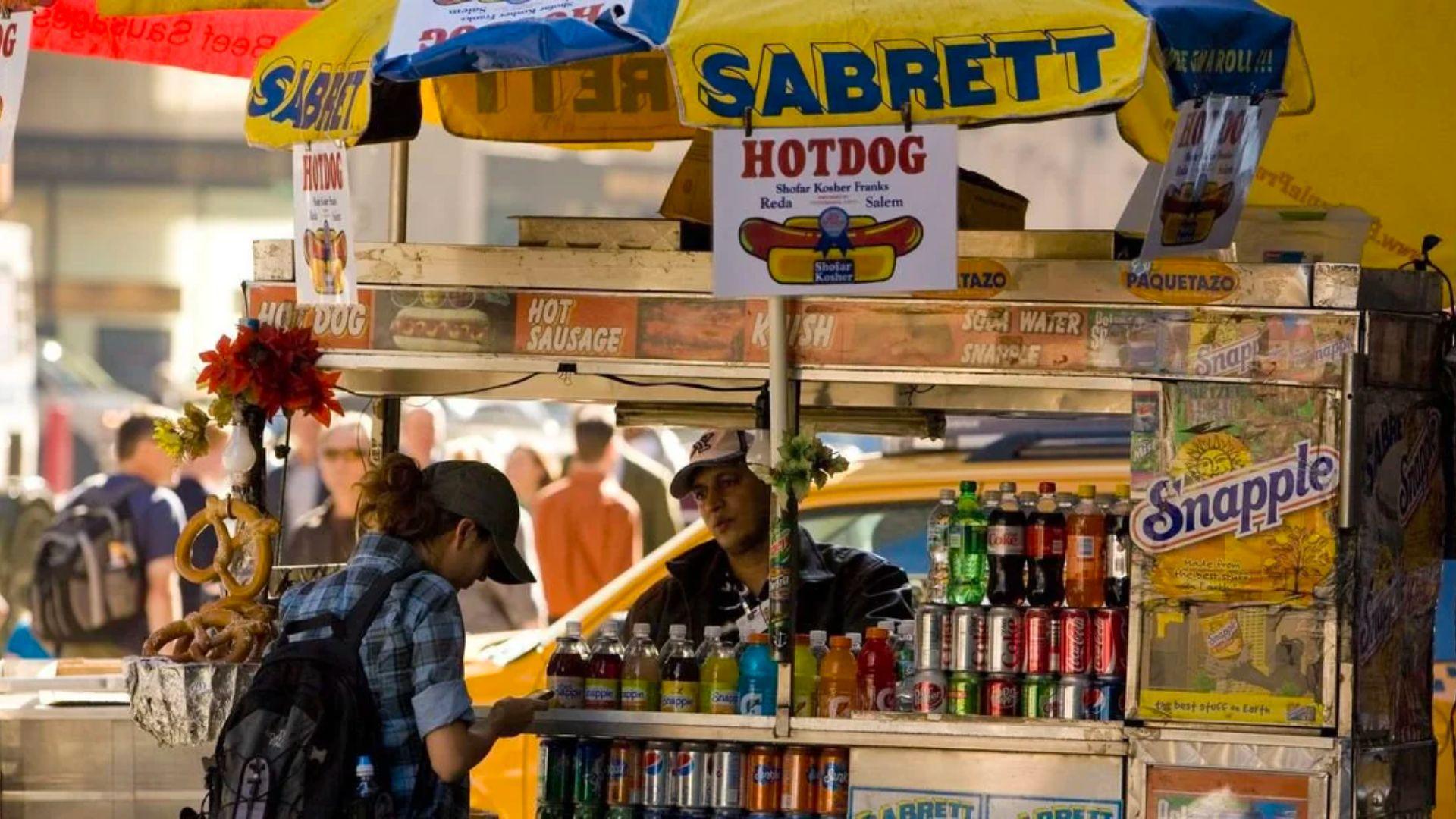
While all food-service businesses would be required to take part, there are a few exceptions to the rule: Temporary concession or event-based food spots.
These can be formally defined as transient spots that don’t have a permanent storefront — such as local vendors, flea markets, farmer’s markets and food stands of any and all types.
Why Propose Such a Law?
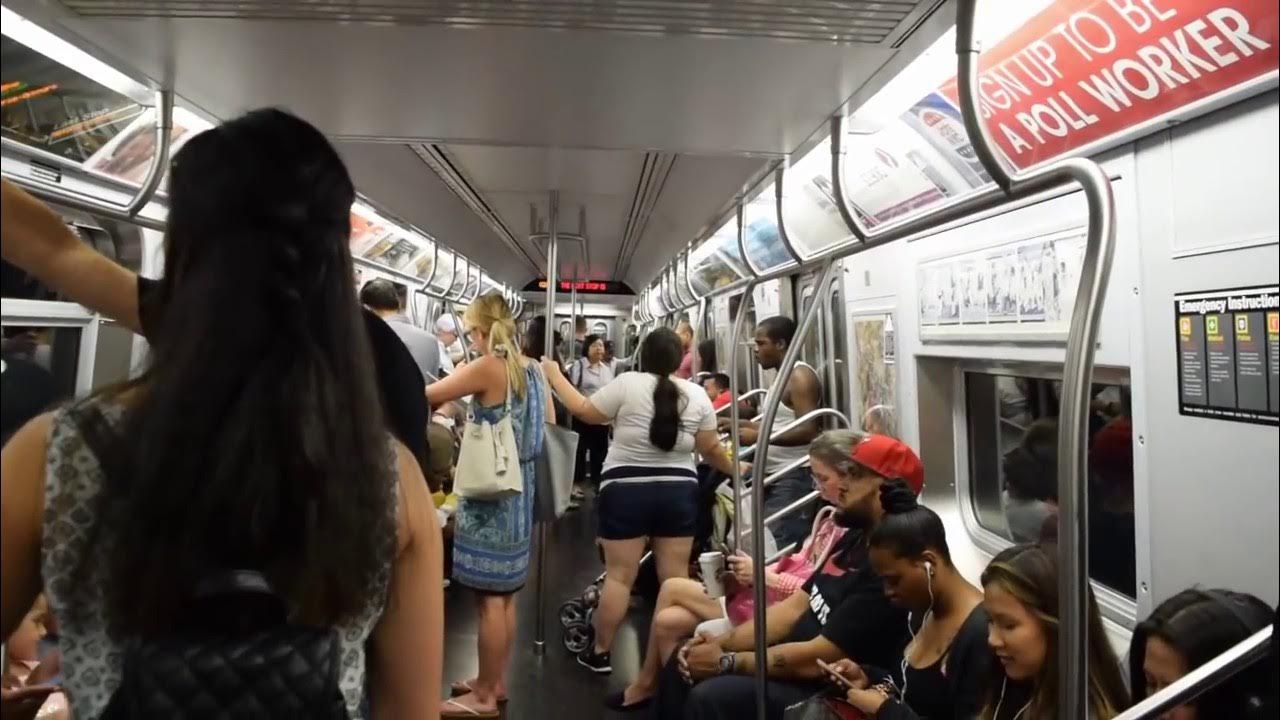
If passed, this law could call the entire premise of Chick-fil-A’s operating schedule into question. This has prompted many to wonder why such a law is being proposed in the first place.
MSN notes that the declared purpose of the law is to protect New York State transport center access to reliable food sources — benefitting both tourists and local drivers.
How Does the Bill Measure Up With the Business’ Right to Choose its Own Rules?
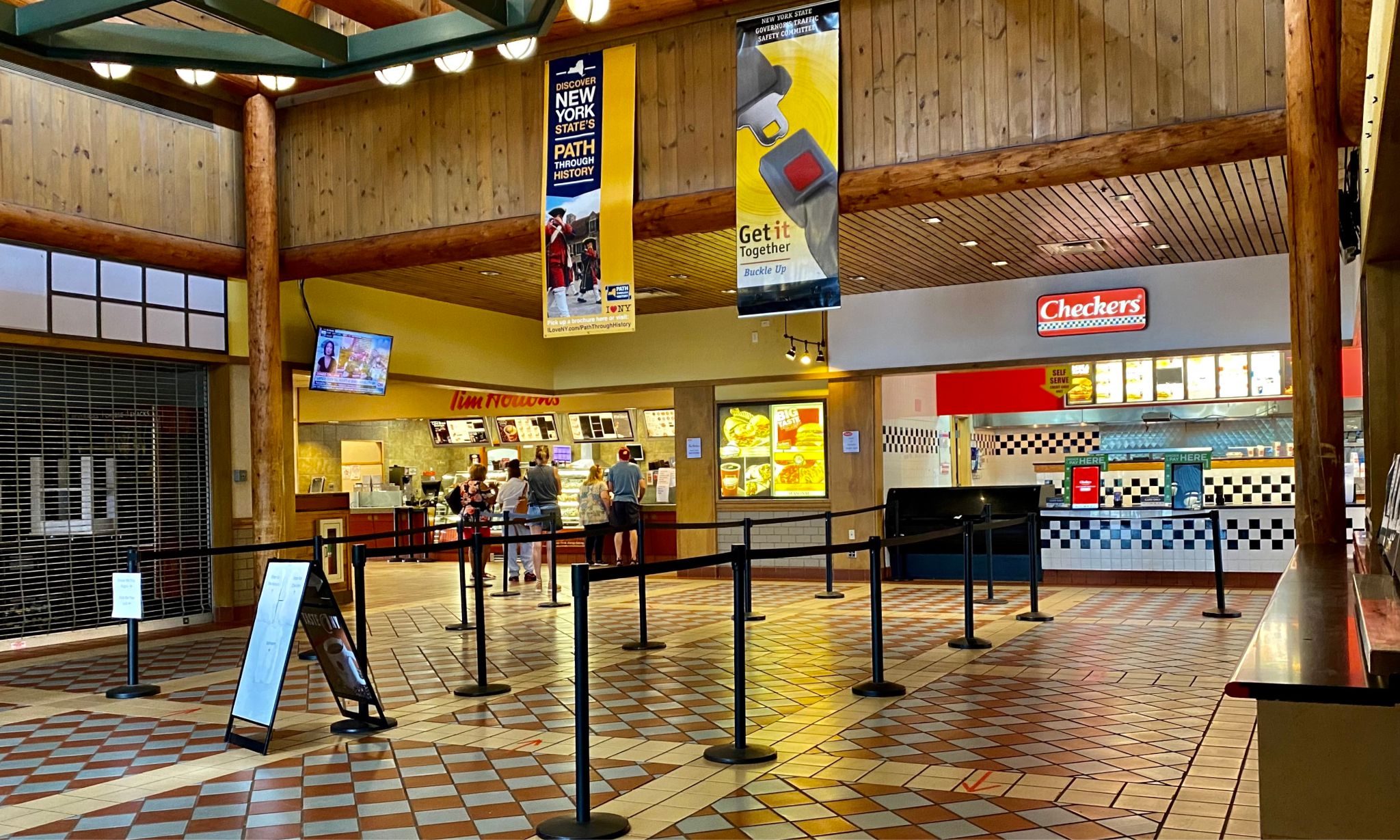
Generally speaking, entities reserve the right to create their own operational standards, so long as they comply with safety and legal regulations.
The bill notes this, stating that there’s “nothing objectionable” about a restaurant dictating its own hours. However, the bill goes on to state that public areas should benefit the public primarily — stating the chain’s closure as a disservice to the community.
Where Else Could This Law Apply?

MSN notes that the way the current legislation is written, the law could extend to certain areas of New Jersey; as well as the Port Authority of New York.
Similar laws have already been passed in New Jersey for the benefit of employees on shift, tourists, and local citizens traveling — working to guarantee food availability to people in these categories.
Who Supports the Closure Laws?
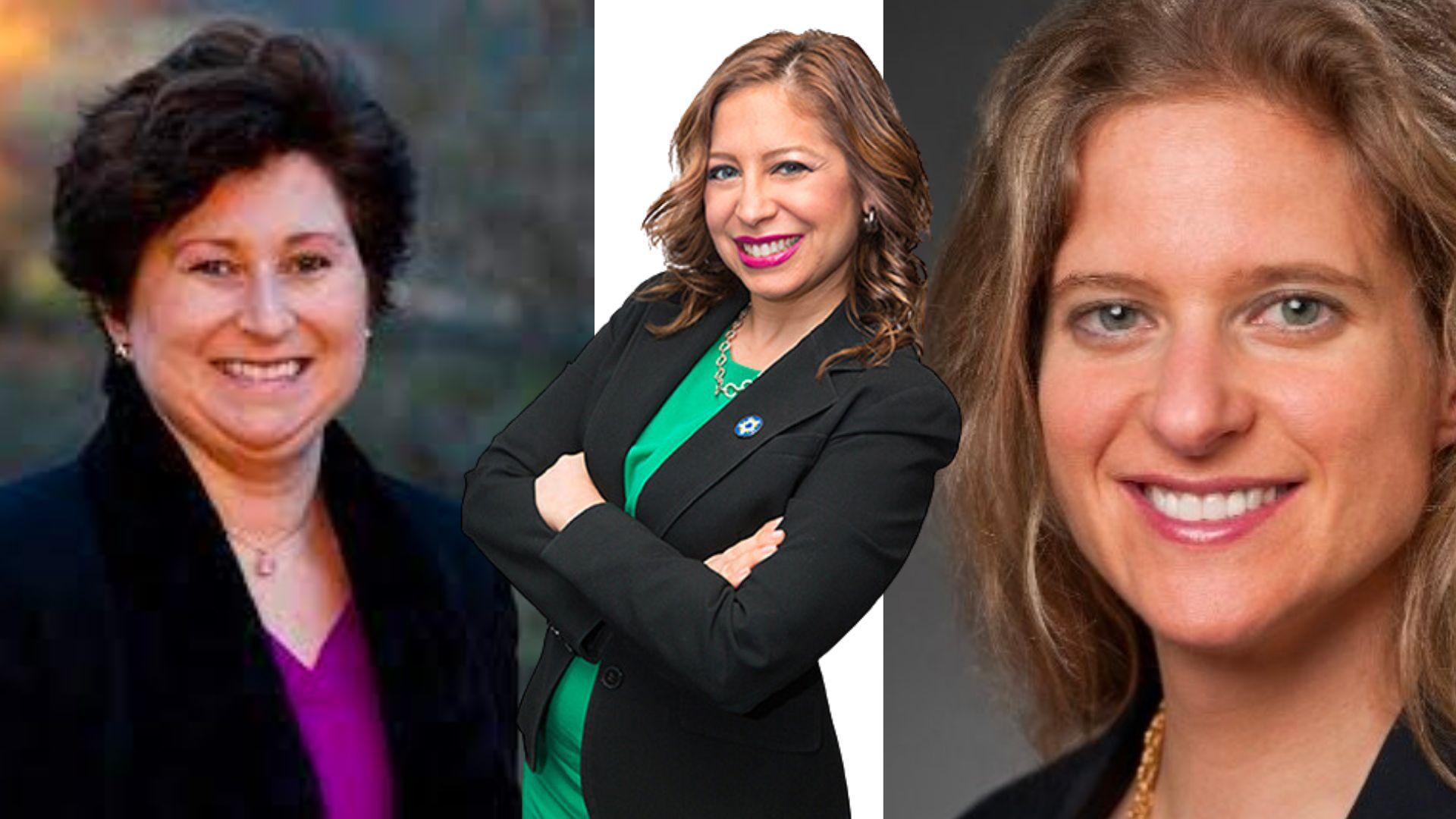
Per MSN, these laws have been supported by Assemblypeople Jessica Gonzalez-Rojas, Anna Kelles, and Mary Jane Shimsky; along with the original sponsorship from Tony Simone (noted previously).
The article goes on to state that Senator Michelle Hinchey (D-NY) is supporting the closure laws at the Senate level.
A Motion for Unity?

When asked about what prompted the Assemblyman to submit the bill for review, Tony Simone noted that previous Chick-fil-A closures had “made no sense.”
Per MSN: “It makes no sense for restaurants at rest stops to be closed on one of the busiest travel days of the week, but Chick-fil-A has been allowed to limit their service;” he stated.
Back to the Beginning: Chick-fil-A Sets Closure Standards for National Chains
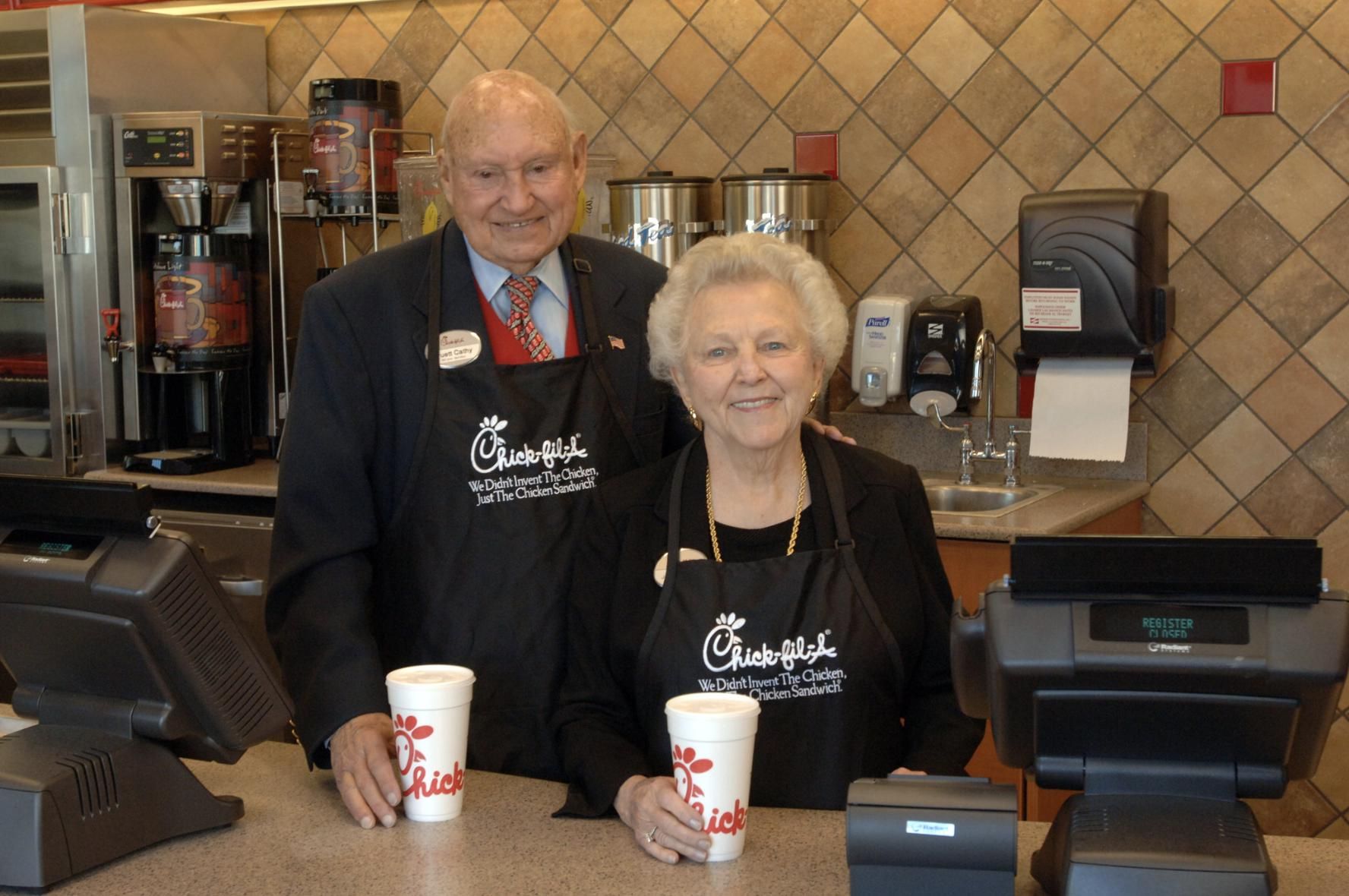
Long before the general cultural tone turned more pro-employee, Chick-fil-A enforced strict closure standards to give opportunities to rest, seek family time, and worship if they so chose to.
Founder Truett Cathy started the early closure trend back in 1946 with the chain’s start in Hapeville, Georgia.
What Are the Effects of This Bill, if Passed?

If passed, there are three primary stakeholders that can be affected: Chick-fil-A corporate staff/the entity, operational-level employees, and customers.
Customers will enjoy increased food access and could experience higher satisfaction. Corporations as an entity can profit more, and employees at the store level can enjoy longer hours and additional profits.
